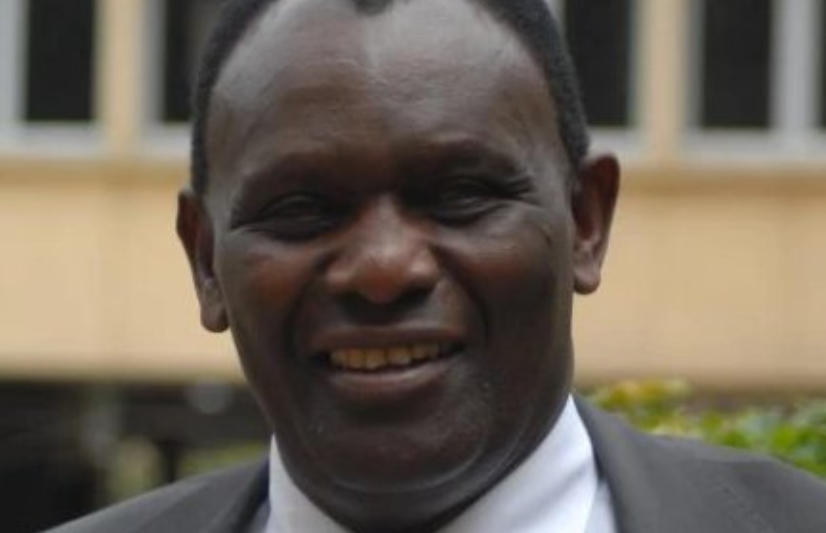The High Court has acquitted three out of seven individuals charged with the murder of former Kabete Member of Parliament George Mukuru Muchai, who was killed in Nairobi on the night of February 6–7, 2015.
The case, which has dragged on for years, saw seven suspects arraigned and charged with four counts of murder contrary to Section 203 as read with Section 204 of the Penal Code. Muchai, who served as Kabete MP and was also a trade unionist, was shot dead along Kenyatta Avenue in a shocking incident that drew widespread public attention.
Those acquitted include Jane Wanjiru Kamau, alias Shiro; Margaret Njeri Wachiuri; and Simon Wambugu Gichamba. The court ruled that the prosecution had failed to present sufficient evidence linking them to the murder of the legislator and his aides. The judge noted that the standard of proof in criminal cases must be beyond reasonable doubt, and in this instance, the evidence provided did not demonstrate that the three were either directly involved or had malice aforethought in relation to the killings.
The ruling emphasized that there was no reliable evidence connecting the acquitted individuals to the crime. As a result, under Section 306(1) of the Criminal Procedure Code, the court entered a verdict of not guilty, freeing the three from the murder charges.
However, the court found that the remaining four suspects still have a case to answer. The accused persons — Eric Mungera Isabwa, alias Chairman; Raphael Kimani Gachii, alias Kim Butcher; Mustafa Kimani Anyoni, alias Musto; and Stephen Astiva Lipopo, alias Chokore — were ordered to be placed on their defence. According to the ruling, the prosecution provided sufficient evidence that warrants them to respond to the charges of murder against them.
The case now proceeds with the four suspects expected to defend themselves against the allegations. Meanwhile, all seven suspects are also facing separate charges of robbery with violence in another court, further complicating their legal battles.
This development marks a significant step in one of the country’s most high-profile murder cases of the past decade. It underscores the principle of criminal justice that an accused person cannot be convicted unless the prosecution proves guilt beyond a reasonable doubt.

